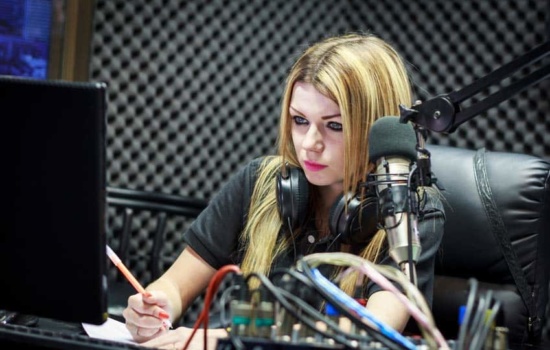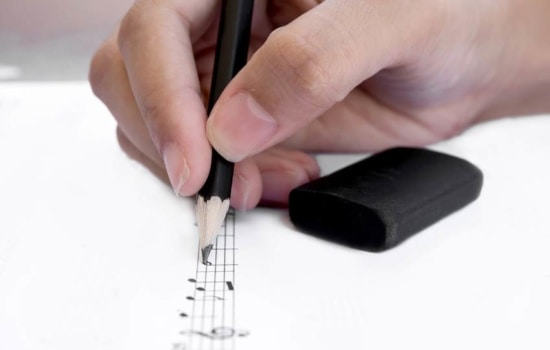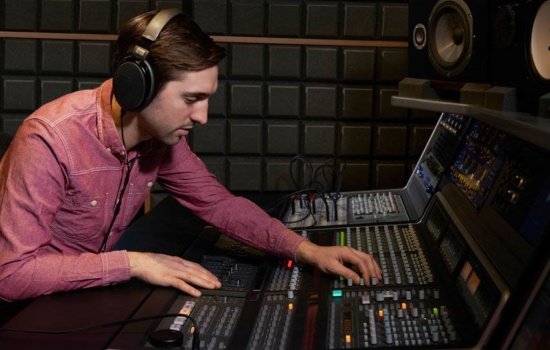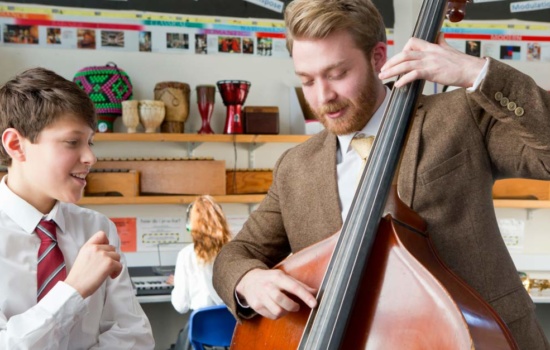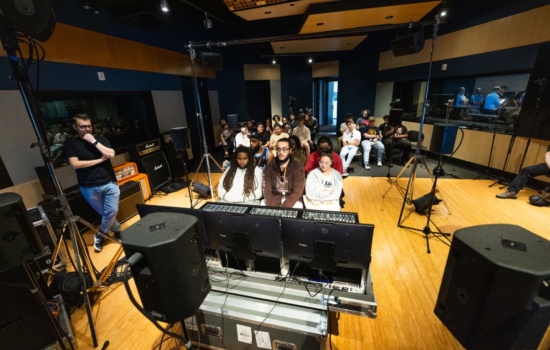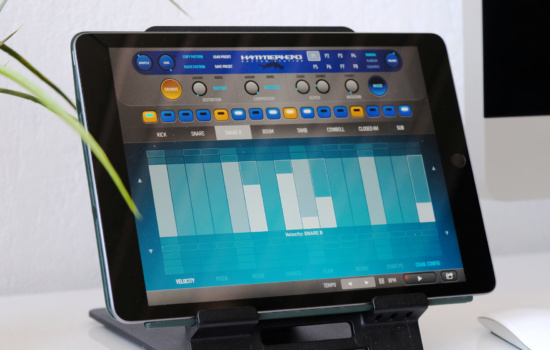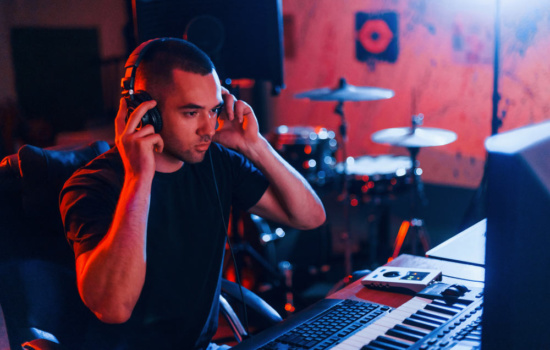Each artist’s songwriting process will vary but for many artists, it goes like this. First, string together chords to create a melody, either for the verse or chorus. Next, choose a song structure. Don’t get too picky here: you can experiment with and change your song structure.
From here, write the melody for the parts of the song you haven’t figured out yet. Add in your lyrics. Restructure and rework as desired until you have a finished song!
Of course, that’s a simple answer to a question that may not be so simple, at heart. There are countless ways to write a song, and none of them are wrong.
When it comes to anything artistic, it doesn’t really matter how one gets to the end product, as long as it is great…although, having said this, there are steps newcomers to the songwriting craft can follow and plenty of helpful suggestions from those who have been there before.
So, as you read below, keep in mind you don’t need to follow these directions perfectly, and there are no rules when it comes to how to make a song. These are simply guidelines meant to help you get started if you don’t know where to begin!



